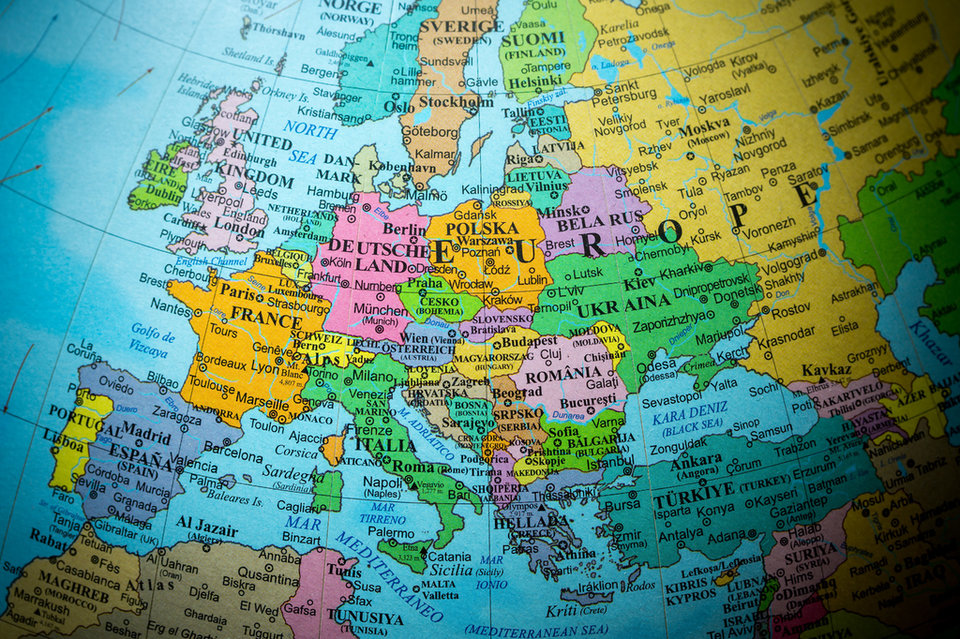EUROPE
Answering the call for more energy-efficient assets
As Europe reduces its carbon footprint in line with the Paris Agreement on climate change, the focus on producing and using energy-efficient assets has increased. This is where leasing and automotive rental have a key role to play, says Anne Valette, director general at Leaseurope

E
uropean businesses demand and need more energy-efficient assets. However, the cost of upgrading equipment to more energy-efficient models is often one of the biggest factors dissuading companies from investing in greener equipment, especially with regulatory standards rapidly evolving.
Leasing can help firms gain access to the necessary assets quickly and allow upgrading to ensure that the newest regulatory standards are met.
By bringing the cleanest, newest and safest equipment and vehicles to the market, leasing companies not only rejuvenate and modernise Europe’s vehicle fleet and equipment stock, but also ensure the assets they finance keep strong remarketing values for a second or third life.
Anne Valette, director general, Leaseurope
Our industry plays a pivotal role in registering the cleanest passenger cars and commercial vehicles with European fleets, thereby significantly improving the environmental impact of mobility.
In commercial road transport, optimised vehicle servicing can decrease fuel costs by approximately €10,000 per vehicle per year, reducing emissions per vehicle by approximately 18 tons of CO2. Moreover, leasing companies also ensure the best-maintained vehicles enter the nearly new car market.
Facilitating finance
Leasing addresses one of the general barriers that inhibits the development of sustainable energy production: a lack of access to capital.
In fact, leasing already facilitates the financing of equipment such as wind turbines, biofuel processing plants, photovoltaic panels, long-lasting battery cells and so forth, allowing Europe to produce cleaner and more sustainable energy.
Leasing not only helps in replacing old, polluting equipment with cleaner and more energy-efficient assets, it can also encourage the efficient use of scarce natural resources through re-leasing, refurbishing, reusing or recycling. Leasing and automotive rental firms are asset specialists, therefore managing these assets throughout their lifecycle is very much at the heart of their business.
Lessors have specialised asset knowledge and sophisticated asset management capabilities to deal with the often-complex issues that arise with ownership, and are particularly well placed to reuse and recycle assets responsibly. Thus, leasing enables a more efficient allocation of resources than when (non-specialist) individual businesses own assets outright.
In addition to helping European businesses lower their own emissions, the leasing and rental sector itself has been working hard to lower CO2 levels produced. According to OECD data, the amount of CO2 produced for every million euros worth of new business done by the leasing and rental sector has been steadily decreasing since 2015.